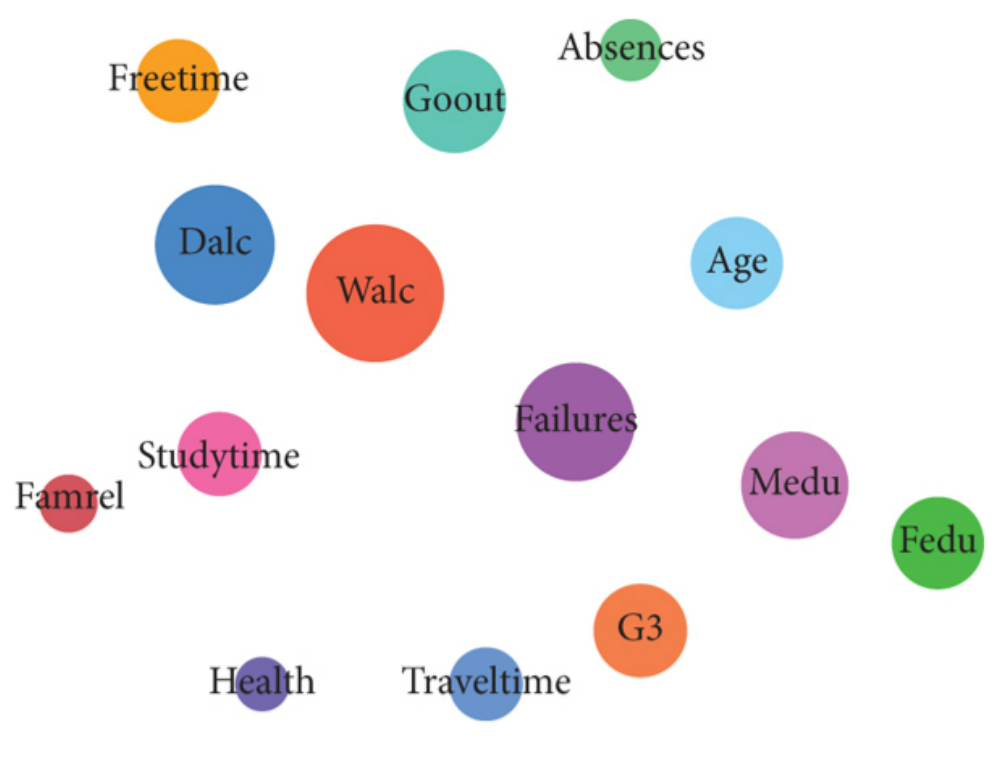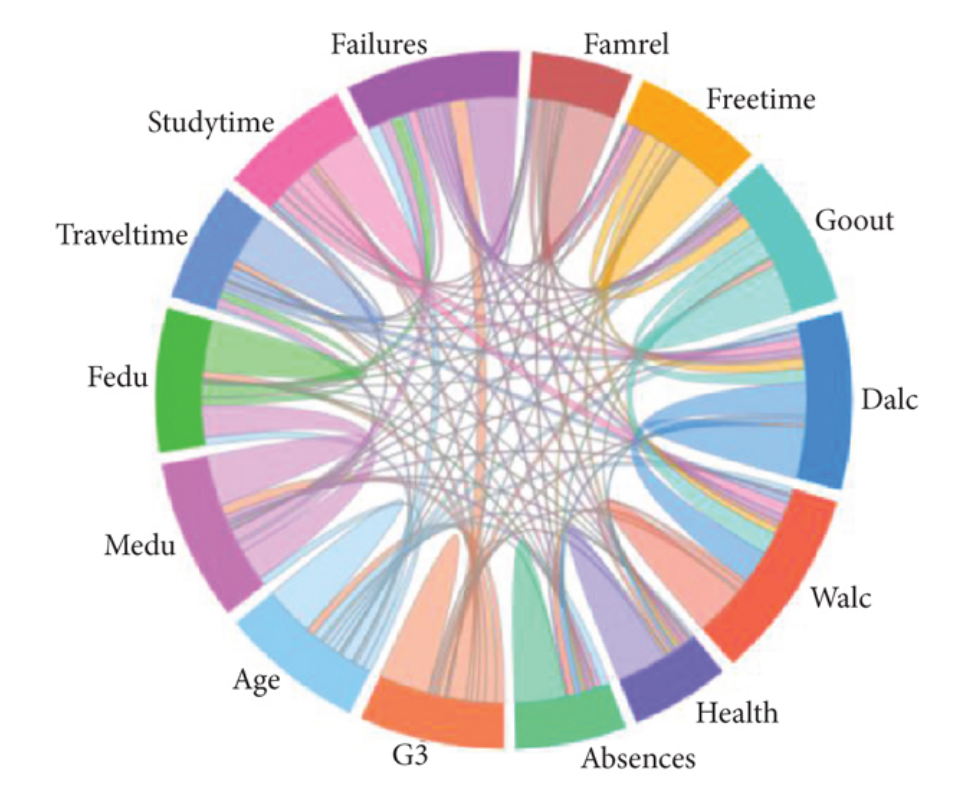 An open access journal
An open access journal
Edutainment and Educational Games: Combining Entertainment with Learning
Abstract
Edutainment, a portmanteau of education and entertainment, and educational games have emerged as influential tools in combining learning with fun to enhance educational outcomes. This paper explores the concept of edutainment and its application in educational games, highlighting how these tools support various learning styles and increase motivation among learners. By integrating educational content into entertaining formats, edutainment makes learning more engaging and accessible, particularly for younger audiences. The paper reviews the theoretical underpinnings of edutainment, including cognitive and motivational theories that explain its effectiveness. It examines different genres of educational games, from simulations and puzzles to role-playing and strategy games, and discusses their impact on developing skills such as critical thinking, problem-solving, and collaboration. The discussion also covers the design principles for effective educational games, emphasizing the importance of balancing educational objectives with entertainment value. Furthermore, the paper addresses the challenges in evaluating the educational efficacy of edutainment products and the potential for over-reliance on technology-based learning. Through a review of empirical studies and case examples, the study illustrates the positive outcomes associated with the use of edutainment and educational games, including improved engagement, retention, and academic achievement. The conclusion offers recommendations for educators, game developers, and policymakers on optimizing the use of edutainment in educational settings, ensuring that it complements traditional teaching methods and supports holistic student development.
Share and Cite
Article Metrics
References
- Papastergiou, M. (2009). Digital game-based learning in high school computer science education: Impact on educational effectiveness and student motivation. Computers & Education, 52(1), 1-12.
- Gee, J. P. (2003). What video games have to teach us about learning and literacy. Computers in Entertainment, 1(1), 20.
- Prensky, M. (2001). Digital Natives, Digital Immigrants Part 1. On the Horizon, 9(5), 1-6.
- Squire, K. (2003). Video games in education. International Journal of Intelligent Simulations and Gaming, 2(1), 49-62.





